Science at UM [S01-ep19]: From ecological compensation to the BricoLab at the Agro Institute
This week in Science at UM Sébastien Desbureaux, economist at the CEE-M, talks to us about ecological compensation at the Ambatovy mine in Madagascar. In the second part of the program, Amrin returns for his start-up column. Finally, the report takes us to the BricoLab at the Institut Agro with Guilhem Brunel.
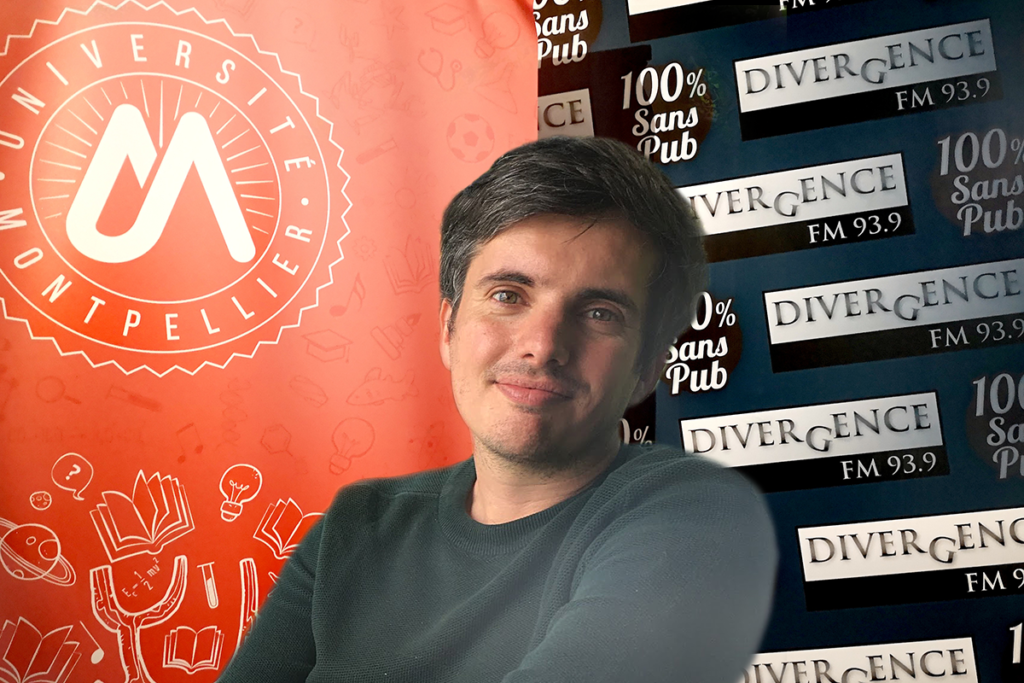
"Avoid – Reduce – Compensate." This motto, known in the jargon as ERC, may not mean anything to you, but it has been at the heart of French environmental policy since July 1976 and the Nature Protection Act. Its objective? To encourage major developers to avoid or reduce the negative impact of infrastructure and its operation on the environment and, when this is not possible, to offset any residual impacts that could not be avoided.
A significant step forward on paper, but with very limited effects in practice due to the vagueness surrounding these rules. It was not until 2012 that the Ministry of Ecology, Sustainable Development, and Energy clarified its rules, based in particular on the contributions of a working group created in 2010 and bringing together representatives of NGOs, project owners, and design offices. At the heart of these issues is not only better application of the principle, of course, but also better control of its application.
And control means evaluation. How can we ensure that compensation will be fair, commensurate with the damage caused, effective in terms of space and time, and allow for "no net loss of biodiversity"?
And in the end, isn't compensation already a loss? Isn't it allowing the most powerful developers to destroy under the pretext that they could pay? In 2019, a multidisciplinary French team led by theNational Museum of Natural History(MNHN), among others, concluded, after analyzing 24infrastructureprojects authorized by the state, that for 80% of them, environmental compensation was insufficient or inappropriate.
And what about the rest of the world? Scientists from Bangor University in the United Kingdom and the Montpellier Center for Environmental Economics (CEE-M) examined the case of theAmbatovy mining site in Madagascar, which presents itself as a leader in sustainable mining. Their independent study, published in March 2022 in Nature Sustainability, suggests, with some nuances, that this strategy may have saved as much forest as was lost at the mining site.
We discuss this good news in detail with Sébastien Desbureaux from the CEE-M, who participated in this study as an economics researcher.
See also:
- How can mining and biodiversity conservation be reconciled? CNRS/UM press release
- On track to avoid forest loss in Madagascar's largest mine, Nature Sustainability
In the second part of the program, Amrin Nagamia will join us for her start-up column, and today she will talk to us about Semaxone, a company that has created an innovation for airplane pilots.
Finally, the report will take us straight to the Institut Agro, where a brand new facility, the AgroFabLab, has just been inaugurated. This is a laboratory unlike any other, comprising three areas: the MiamLab, the BioLab, and the BricoLab. Guilhem Brunel shows us around this space dedicated to manual creation focused on digital agriculture and the environment.
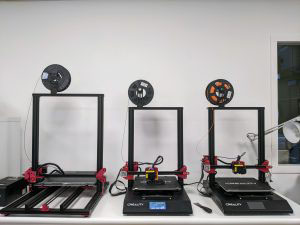
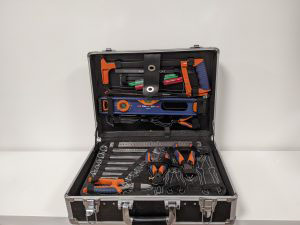

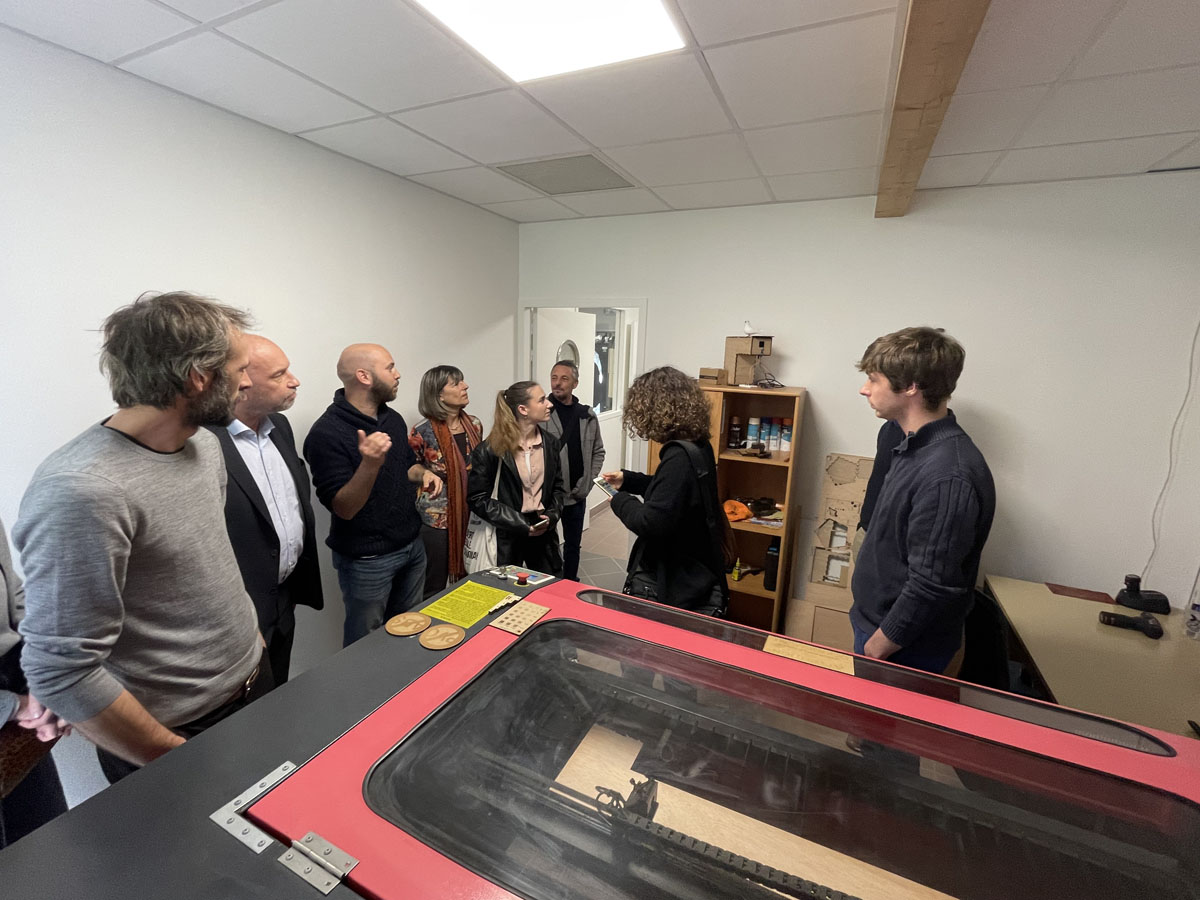
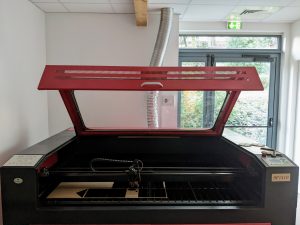
At UM Science, you have the program, so let's get started!
Production: Universityof Montpellier/Divergence FM
Host: Lucie Lecherbonnier
Interview: AlinePériault/Lucie Lecherbonnier
Reporting and editing: AlinePériault
Directed by: AdelineFloch’/Anna Demeulandre
Listen to the program “A LUM LA SCIENCE” on Divergence FM 93.9

Find UM podcasts now available on your favorite platform (Spotify, Deezer, Apple Podcasts, Amazon Music, etc.).